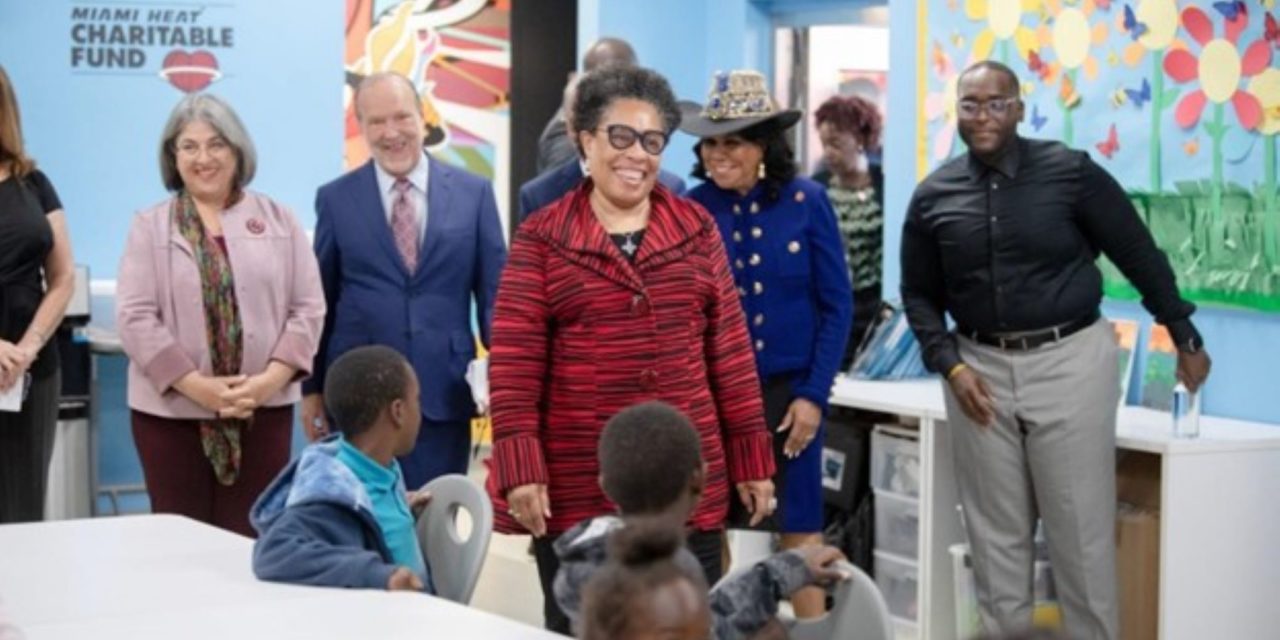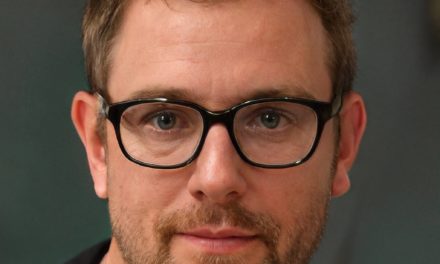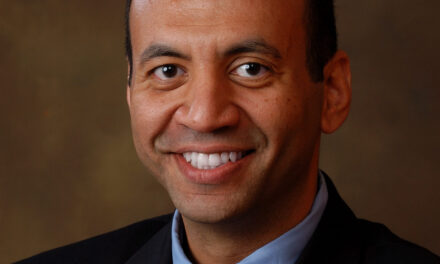HUD Secretary Marcia Fudge visited South Florida, dubbing it the epicenter of the nation’s homeless crisis, and praised the work of the Miami Dade County Homeless Trust. Ron Book, Chairman of the Trust, and Mayor Daniella Levine Cava accompanied Fudge on a tour of the Miami-Dade area. The tour included a visit to an affordable housing complex, as well as a shelter owned by the Trust.
Rising Rents
Residents of the Opa-Locka complex told Fudge that they struggle with rents rising much faster than their incomes. Some people have seen rents climb 50 percent in a short time.
The lack of a supply of rental housing (simply supply and demand) is forcing the rent to rise. Even tenants with jobs are having difficulty making their payments. Mortgage rates also are rising, further contributing to the housing problem, Book says.
The community and its leaders are looking for ways to increase the supply of moderate-income housing, yet gaps remain, Ron Book says. One initiative would increase the financial feasibility of building affordable and public housing. The area is also examining its zoning regulations to see whether changes in density requirements might increase the supply of affordable housing.
Praise for the Trust
As Fudge made her rounds, she praised the work of the Miami-Dade County Homeless Trust, calling it “a blueprint for the rest of the country”. Miami-Dade has a dedicated revenue stream through a legislatively and County approved 1 percent food and beverage tax to help the homeless, and the Trust administers these funds. It also operates a hotline for those about to become homeless, implements the Miami-Dade plan to end homelessness, and administers and applies for housing grants. The Trust is the community overseer of the homeless Continuum of Care.
A 27-member community board of trustees leads the “Homeless Trust”, which was an outgrowth of the Governor’s Commission on Homelessness in 1992. That Commission recommended that they pursue a broad-based dedicated funding source and to create an entity to administer the plan to tackle homelessness.
Ron Book On Trust’s Priorities
Ron Book mentions that the priority right now is keeping people in their homes, says Book, an attorney, business owner, and lobbyist, in addition to being the longtime Trust Chair. The Trust is working hard toward that priority of keeping people housed.
“The reason you’re not seeing more people on the streets is we’re catching them before they become homeless and holding them in place,” said Book. He said that the Trust is finding ways to help residents pay their rising rent and meet other obligations, e.g., utility bills.
Twenty-Five years ago, there were between 8,000 and 11,000 individuals living unsheltered in cities like Seattle, San Francisco, Los Angeles, New Orleans, Houston, Dallas, Atlanta, Philadelphia, Boston, Chicago, Detroit, New York, Washington D.C., Pittsburg, and Miami Dade. In addition to that range in numbers of unsheltered individuals living in those communities, there was one other thing that they also had in common, and that was that they were all urban.. Book recognizes that they have still not ended homelessness just as those other urban communities have not, yet he proudly points out that their communities look considerably different today than twenty-five years ago. Tonight, Los Angeles has over 71,000 unsheltered, San Francisco over 60,000, Seattle 22,000, and Detroit, Chicago, Boston, NYC, Pittsburg, Philadelphia, Atlanta, Dallas, Houston, New Orleans, and Washington D.C. are all in the 30,000+ range, and then he smiles broadly saying yet in Miami Dade, there still maybe 970 too many, but it is nonetheless a 90% decrease from twenty-five years ago. We can get this done and we will he says.
The Homeless Trust is one of several philanthropic efforts that Book leads. He also chairs the Lauren’s Kids Foundation, which he founded with his daughter, Florida State Senator Lauren Book. The charity focuses on ending child sexual abuse. Ron Book also serves on the boards of the Joe DiMaggio Children’s Hospital Foundation, Best Buddies Foundation, and the Mourning Family Foundation.




